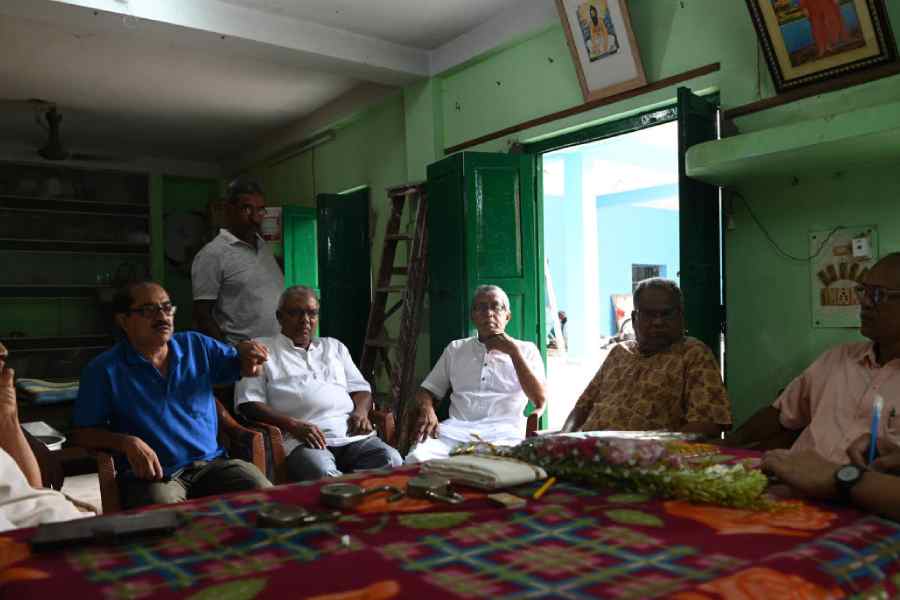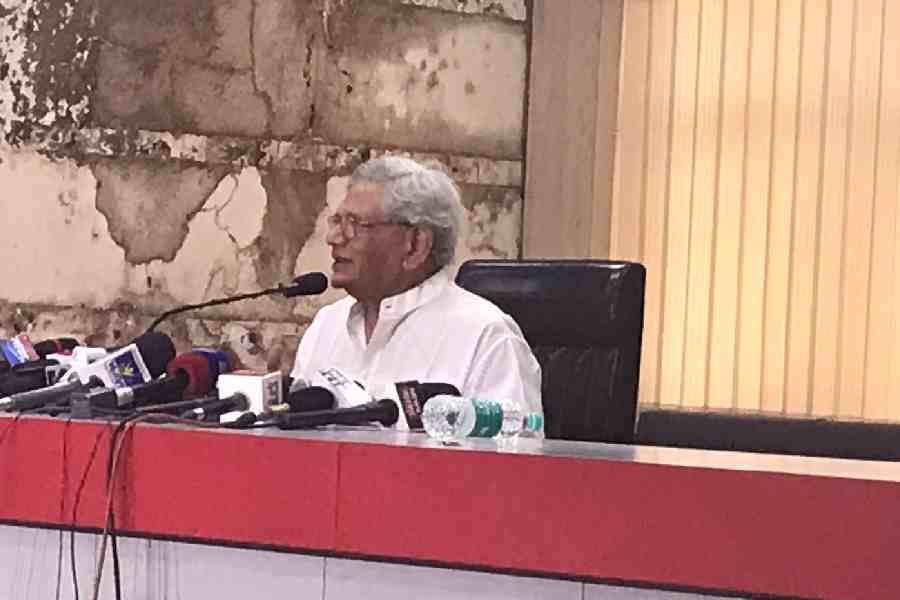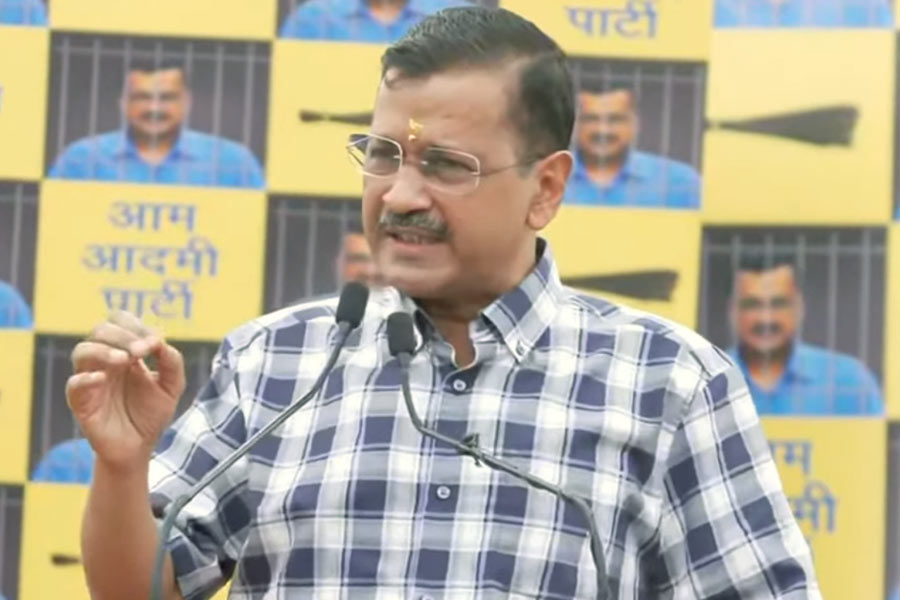The decision of the highest court in New York state to overturn the conviction of Harvey Weinstein, the former Hollywood producer, for felony sex crime charges was based on a legal principle. But that cannot lessen the sense of shock and frustration for the many women who had stepped out to accuse him of harassment, molestation and rape, as well as for women around the world who had been inspired to speak up against their powerful harassers through the MeToo movement that the Weinstein accusers had initiated. The New York Court of Appeals ruled that the trial judge had erred in law in allowing the testimony of four women whose complaints were not part of the charges for which the former producer was being tried. The law considers this unfair to the accused. But whether or not there is a retrial, the latest judgment exposed the asymmetries that underlie legal principles when sexual harassment of women is concerned.
The inequality of power between men of wealth and influence and women associated with them in a professional capacity makes court cases financially and emotionally exhausting for the latter. More fundamentally, the principle of fairness to the accused, as in this case, exposes the incongruity between the impact of repeated offences — not all of them brought to court because of social and financial constraints — and the technical rigidities of legal procedure. Patriarchal and misogynistic attitudes are more pronounced in India, where the progress of MeToo has been slow. Except for one major triumph, against a former minister, little has moved. Cases against two actors were dismissed for lack of evidence, which is an indirect comment on the police’s known reluctance in cases of violence against women. These actors, as well as powerful men accused in other spheres, have all gone back to work and society after lying low for a while. Some changes were made to the law against sexual harassment in the workplace in the wake of MeToo; that is encouraging, but the law protects women only, not non-binary persons. Besides, the diversity and unevenness of Indian society have not allowed MeToo to become a movement shared by women across social strata. Far-reaching changes in social and justice systems are required in India to make MeToo effective; Mr Weinstein’s victory or defeat will not matter before that.










